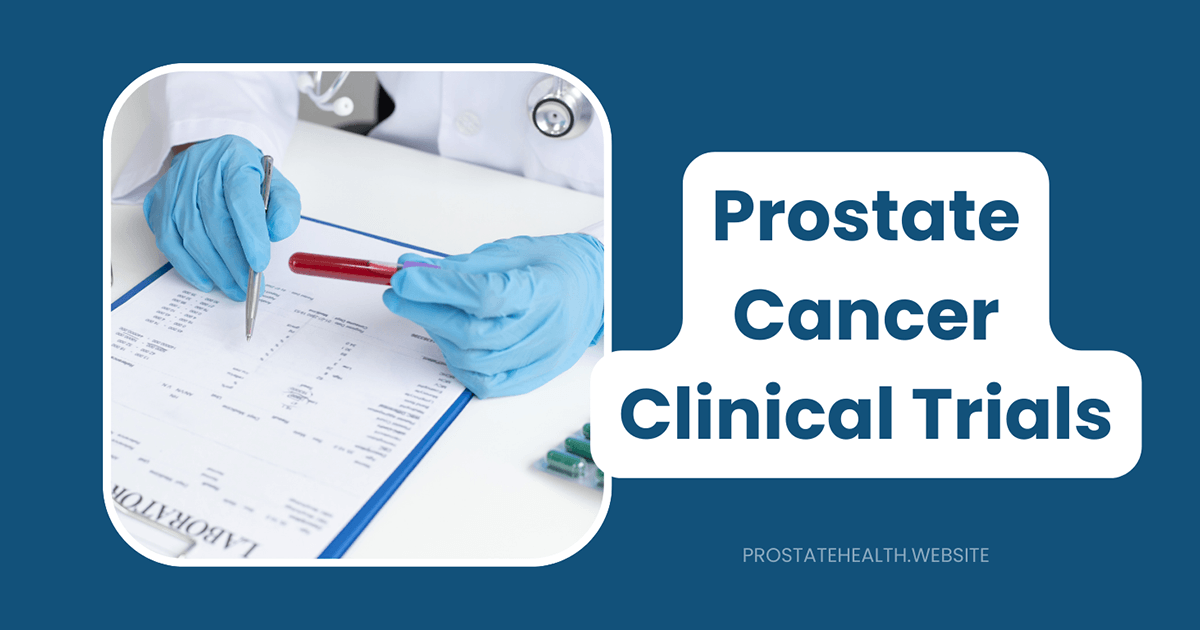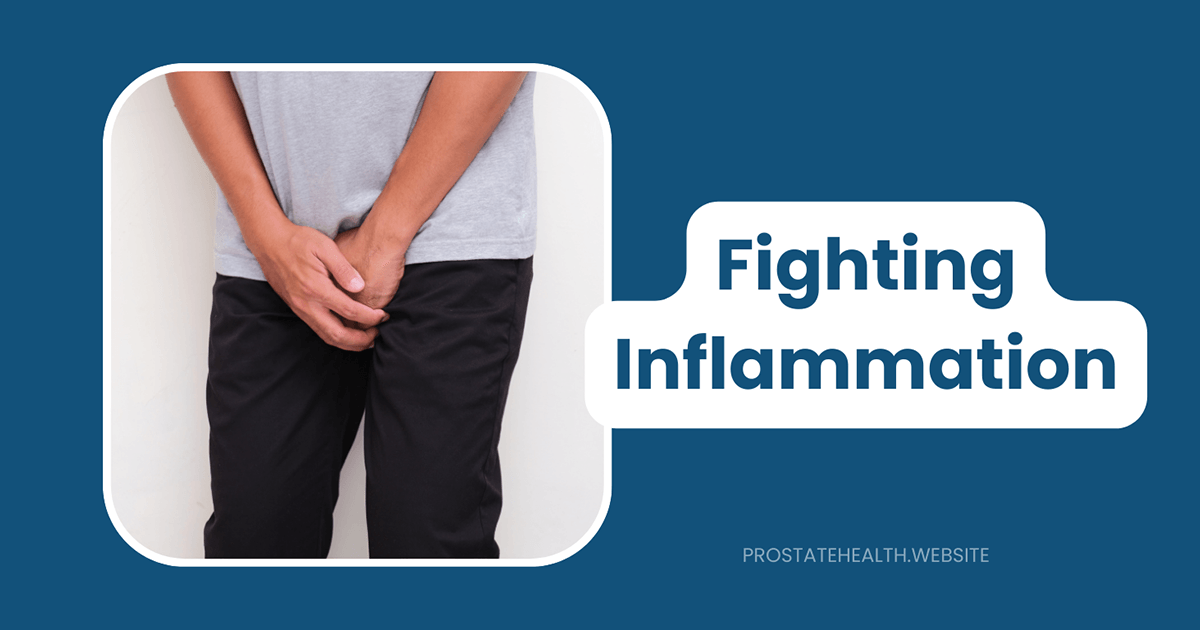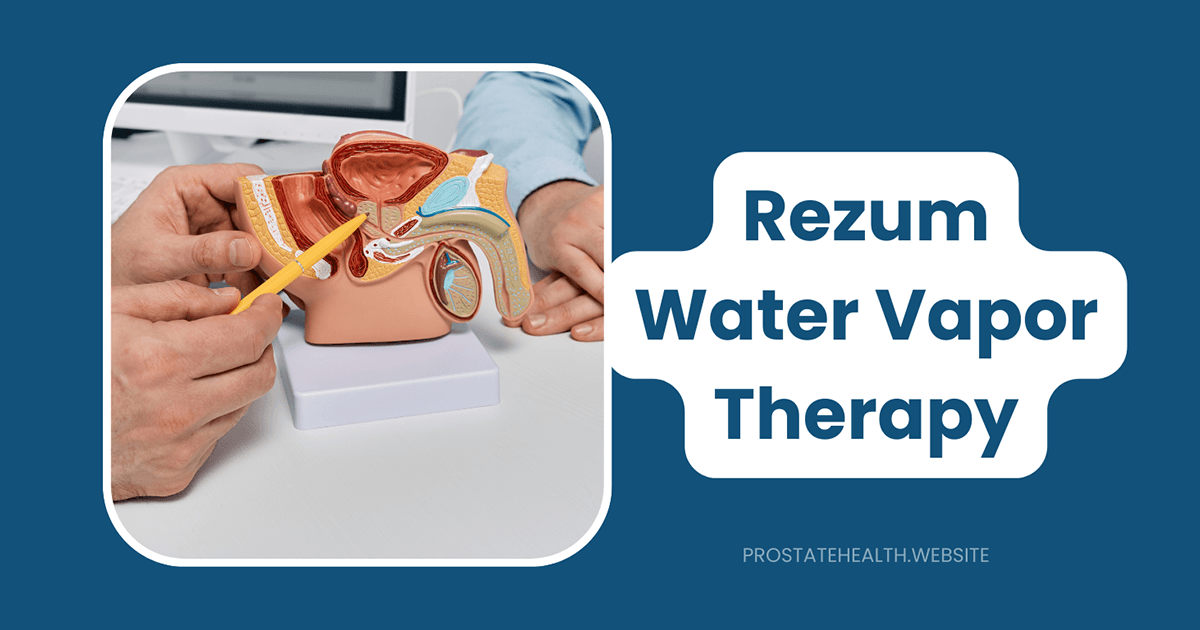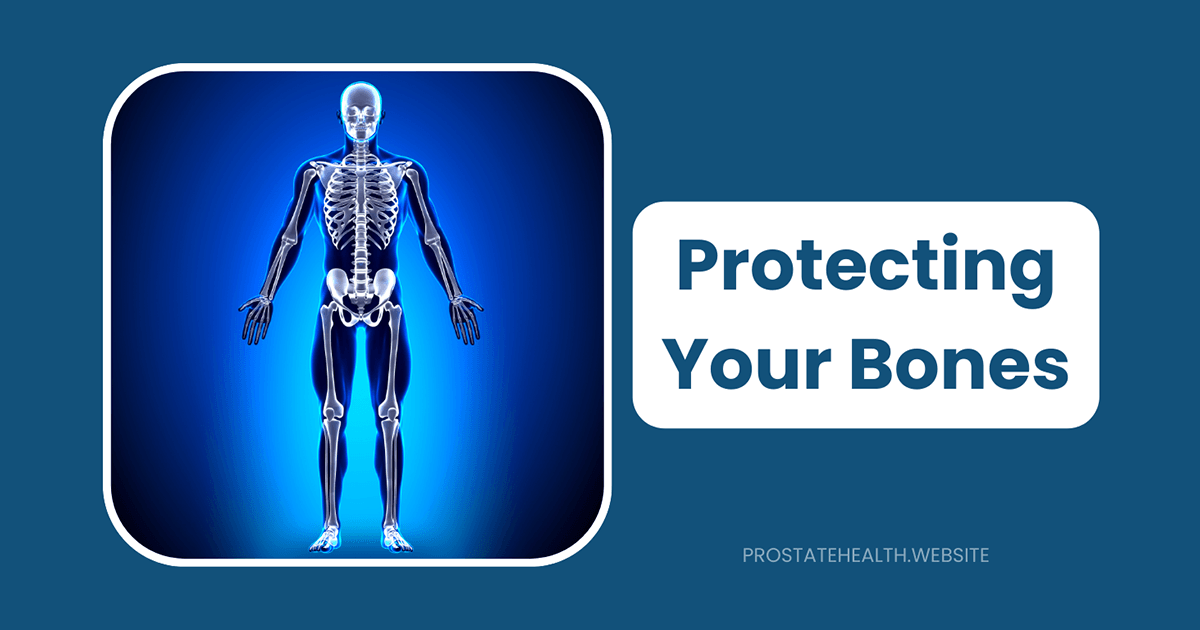Clinical Trials for Prostate Cancer: How to Find and Qualify for Cutting-Edge Treatments

When I was first diagnosed with prostate cancer years ago, clinical trials seemed like a mysterious last resort – something you’d consider only when all other options had failed. How wrong I was.
Today, clinical trials represent some of the most promising pathways to better treatments, fewer side effects, and improved quality of life for men with prostate cancer. They’re not just for terminal cases; they span the entire spectrum from early detection to advanced disease management.
But how do you find the right trial? What makes you eligible? And what should you expect if you participate?
In this comprehensive guide, I’ll walk you through everything you need to know about finding and qualifying for prostate cancer clinical trials in 2025, drawing from both expert insights and the experiences of men who’ve been there.
Why Consider a Clinical Trial?
Before diving into the “how,” let’s address the “why.” Clinical trials offer several potential benefits:
- Access to cutting-edge treatments that may not be available for years through standard care
- More intensive monitoring and follow-up than you might receive with standard treatment
- Contributing to scientific knowledge that helps future patients
- Potentially better outcomes than current standard treatments
- Cost savings, as the experimental treatment and related tests are often covered by the research sponsor
Of course, trials also come with uncertainties – the new treatment might not work better than standard care, and there may be unexpected side effects. But contrary to popular belief, you’re not a “guinea pig” in a well-designed clinical trial. Patient safety is the top priority, with multiple safeguards in place.
Understanding the Types of Clinical Trials
Not all clinical trials are the same. They generally fall into these categories:
Treatment Trials
These test new treatments, combinations of existing treatments, or new ways to use approved treatments. For prostate cancer, this might include:
- Novel hormonal therapies
- Immunotherapies
- Targeted drugs
- Radiopharmaceuticals
- Surgical techniques
Prevention Trials
These look at ways to reduce the risk of developing cancer or preventing recurrence after treatment.
Screening and Early Detection Trials
These evaluate new tests or procedures that might find cancer earlier or more accurately.
Quality of Life Trials
These focus on improving comfort and quality of life for cancer patients, addressing issues like incontinence, erectile dysfunction, or fatigue.
Observational Studies
These track health outcomes in groups of patients without testing specific interventions.
Clinical trials also progress through phases:
- Phase I: Small studies (20-80 participants) testing safety, side effects, and dosing
- Phase II: Larger studies (100-300 participants) further evaluating effectiveness and safety
- Phase III: Large studies (1,000+ participants) comparing the new treatment to standard care
- Phase IV: Post-approval studies monitoring long-term effects
For most patients, Phase II and Phase III trials offer the best balance of potential benefit and established safety.
How to Find Prostate Cancer Clinical Trials
With nearly 100 Phase III and 500 Phase I/II prostate cancer trials currently active in the United States alone, finding the right one can feel overwhelming. Here’s how to navigate the process:
1. Start with Your Doctor
Your oncologist or urologist should be your first resource. They know your specific situation and can recommend trials that might be appropriate. Many doctors, especially at major cancer centers, are directly involved in clinical trials.
Pro tip: If your doctor isn’t familiar with clinical trials, consider getting a second opinion at a larger cancer center where more trials are available.
2. Use Online Trial Finders
Several reputable organizations offer searchable databases of clinical trials:
- ClinicalTrials.gov – The U.S. National Library of Medicine’s comprehensive database of all registered clinical studies
- National Cancer Institute (NCI) Clinical Trials Finder – Easier to navigate than ClinicalTrials.gov and focused on cancer
- Prostate Cancer Foundation Clinical Trial Finder – Specifically for prostate cancer trials
- ZERO Prostate Cancer’s Clinical Trial Matcher – Matches you to trials in just 60 seconds
3. Check Cancer Center Websites
Major cancer centers often list their open trials on their websites. Centers with particularly strong prostate cancer programs include:
- Memorial Sloan Kettering Cancer Center
- Dana-Farber Cancer Institute
- MD Anderson Cancer Center
- Fred Hutchinson Cancer Center
- Mayo Clinic Cancer Center
4. Contact Patient Advocacy Groups
Organizations dedicated to prostate cancer often have navigators who can help you find appropriate trials:
- Prostate Cancer Foundation
- ZERO – The End of Prostate Cancer
- Us TOO International
- Prostate Cancer Research Institute
Understanding Eligibility Criteria: Will You Qualify?
Every clinical trial has specific eligibility criteria – factors that determine who can participate. These criteria ensure patient safety and help researchers collect meaningful data.
Common Inclusion Criteria
These are factors that make you eligible for a trial:
- Specific prostate cancer characteristics:
- Cancer stage and grade (Gleason score)
- PSA level and doubling time
- Presence or absence of metastases
- Hormone sensitivity status
- Treatment history:
- Previous therapies received
- Response to those therapies
- Time since last treatment
- General health status:
- Performance status (ability to perform daily activities)
- Organ function (kidney, liver, bone marrow)
- Age (most trials accept adults 18+ with no upper limit)
Common Exclusion Criteria
These factors might disqualify you from participation:
- Medical conditions:
- Brain metastases (excluded in 60.8% of trials)
- HIV positivity (excluded in 46.4% of trials)
- Hepatitis B or C (excluded in 46% of trials)
- Other concurrent cancers (excluded in 15.5% of trials)
- Significant heart, lung, or liver disease
- Treatment factors:
- Recent participation in other clinical trials
- Certain medications that might interact with the study treatment
- Radiation therapy within a specific timeframe
- Practical considerations:
- Inability to attend required study visits
- Language barriers that prevent informed consent
Understanding Exclusion Reasons
It’s important to understand that exclusion criteria aren’t arbitrary. They exist to:
- Protect patient safety
- Ensure clear interpretation of results
- Maintain scientific validity
However, many researchers now recognize that overly strict criteria can limit the applicability of findings to real-world patients. Recent initiatives by the American Society of Clinical Oncology (ASCO) and the FDA encourage more inclusive eligibility criteria when safe and appropriate.
If you’re excluded from one trial, don’t be discouraged. There may be other trials with different criteria that would welcome your participation.
The Application and Screening Process
Once you’ve identified a potential trial, here’s what typically happens next:
1. Initial Contact
Contact the trial’s research coordinator (contact information is usually listed in the trial description). They’ll ask preliminary questions to determine if you might be eligible.
2. Screening Visit
If you appear to be eligible, you’ll be invited for a screening visit. This typically involves:
- Detailed review of your medical history
- Physical examination
- Blood tests
- Imaging studies
- Review of the informed consent document
3. Informed Consent
This crucial step ensures you understand:
- The purpose of the trial
- Required procedures and visits
- Potential risks and benefits
- Alternatives to participation
- Your right to withdraw at any time
Take your time reviewing this document. Bring a family member or friend to help ask questions and take notes.
4. Final Eligibility Determination
After completing all screening tests, the research team will determine if you meet all eligibility criteria. If so, you’ll be enrolled in the trial.
Questions to Ask Before Participating
Before committing to a clinical trial, make sure you have answers to these important questions:
About the Trial Itself
- What is the main purpose of this trial?
- Why do researchers believe the new treatment might be effective?
- Has this treatment been tested before?
- How will you determine if the treatment is working for me?
- Will I know which treatment I’m receiving (in a randomized trial)?
- What are the possible short and long-term side effects?
About Your Participation
- What tests and treatments will I have as part of this trial?
- How often will I need to come for visits, and how long will they take?
- Will I need to be hospitalized as part of this trial?
- How long will I be in the trial?
- What happens if my disease gets worse during the trial?
- Can I take my regular medications while in the trial?
About Costs and Logistics
- Will I have to pay for any part of the trial?
- Will my insurance cover the non-research costs?
- Is there compensation for travel or other expenses?
- Who can help me understand my insurance coverage?
- What happens if I’m injured during the trial?
- Who can I contact if I have problems or questions?
Real Experiences: What Patients Say About Clinical Trials
I’ve spoken with dozens of men who’ve participated in prostate cancer clinical trials. Here are some insights from their experiences:
James, 68, participated in an immunotherapy trial: “The extra monitoring was actually reassuring. I had scans and blood work more frequently than I would have with standard care, and the research team was incredibly responsive to any side effects.”
Robert, 72, joined a quality of life trial after prostatectomy: “I was hesitant at first, but the trial focused on reducing incontinence after surgery. The specialized physical therapy protocol they were testing helped me regain control much faster than many of my friends who had the same surgery.”
Michael, 59, enrolled in a Phase III drug trial: “The paperwork was overwhelming at first, but the research coordinator walked me through everything. What surprised me most was how much the whole team seemed to care about my well-being, not just the study results.”
David, 65, participated in a trial comparing surgical approaches: “My advice? Bring someone with you to appointments. There’s so much information to process, and having my wife there to ask questions I didn’t think of was invaluable.”
Practical Tips for Clinical Trial Participants
Based on the experiences of successful trial participants, here are some practical tips:
Before the Trial
- Organize your medical records: Gather your pathology reports, scan results, treatment history, and medication list.
- Prepare for screening visits: These can be lengthy. Bring snacks, reading material, and someone for support.
- Plan for logistics: Consider transportation, potential overnight stays, and time off work for appointments.
- Check insurance coverage: While the experimental treatment is typically covered by the trial, standard care costs may still go through your insurance.
During the Trial
- Keep a symptom diary: Track how you feel, any side effects, and questions that arise between visits.
- Maintain open communication: Report any symptoms or concerns promptly to the research team.
- Follow the protocol carefully: Take medications as directed and don’t miss appointments.
- Maintain your support network: Clinical trials can be emotionally and physically demanding. Lean on family, friends, and support groups.
- Live your life: Don’t put everything on hold. Plan enjoyable activities between appointments to maintain your quality of life.
Overcoming Common Concerns
Many men hesitate to join clinical trials due to misconceptions or concerns. Let’s address some common ones:
“I might get a placebo instead of real treatment.”
In cancer treatment trials, you will almost never receive no treatment at all. If a placebo is used, you’ll typically receive either:
- Standard treatment plus the new drug, or
- Standard treatment plus a placebo
Either way, you’ll receive at least the standard of care.
“I’ll be treated like a guinea pig.”
Modern clinical trials prioritize patient safety and well-being. Ethical review boards, strict protocols, and ongoing monitoring ensure that participants are treated with respect and care.
“Once I start, I can’t leave the trial.”
You always have the right to withdraw from a clinical trial at any time, for any reason. Your regular care will continue regardless of your participation.
“Clinical trials are only for people who have no other options.”
Trials exist for all stages of prostate cancer, from newly diagnosed to advanced disease. Many are designed to improve upon current standard treatments, not just as last resorts.
The Future of Prostate Cancer Clinical Trials
The landscape of prostate cancer clinical trials continues to evolve. Current trends include:
- More precise targeting: Trials increasingly focus on specific genetic mutations or biomarkers
- Combination approaches: Testing multiple treatments together for synergistic effects
- Quality of life emphasis: Greater focus on reducing side effects and improving functional outcomes
- Inclusive eligibility: Efforts to make trials more representative of real-world patients
- Telemedicine components: Reducing the need for in-person visits when possible
These developments make clinical trials increasingly accessible and relevant to a broader range of patients.
Conclusion: Taking the Next Step
Clinical trials represent hope – not just for future patients, but potentially for your own journey with prostate cancer. They offer access to innovative treatments, expert care, and the opportunity to contribute to scientific progress.
If you’re considering a clinical trial:
- Start the conversation with your healthcare team
- Explore the resources mentioned in this article
- Take your time making decisions
- Ask questions until you’re comfortable with the answers
- Remember that participation is always voluntary
Whether or not you ultimately join a trial, simply exploring your options can empower you with knowledge about the latest advances in prostate cancer treatment.
Have you participated in a clinical trial or are you considering one? Share your experience or questions in the comments below to help other men navigating this journey.






